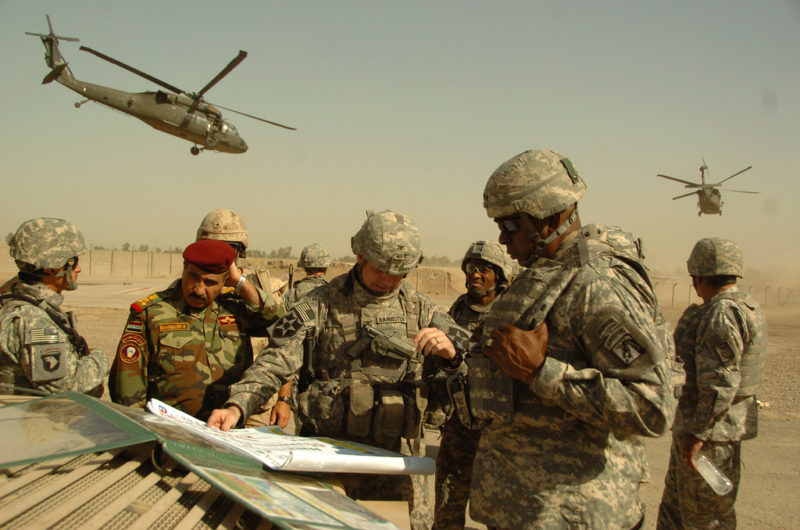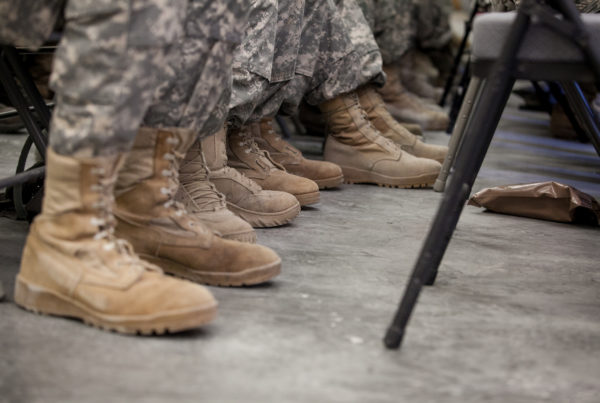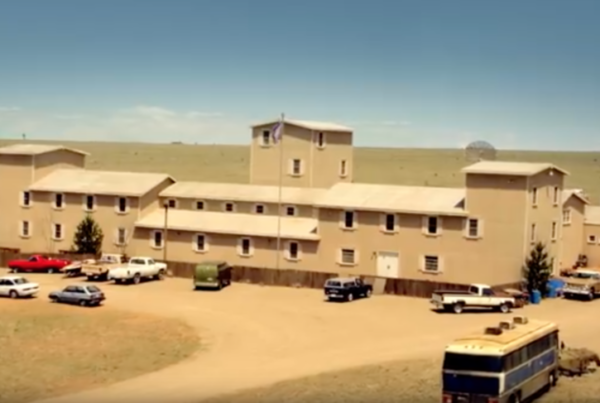Texas leads the nation in a number of categories because of its sheer size and population – in fact, no state has more traffic bottlenecks, flu cases, or wind power capacity.
The Lone Star State is only behind California when it comes to the number of U.S. military personnel, so a lot of Texas families are paying close attention to an announcement on Monday from the Iraqi government that U.S. troops might begin to leave Iraq.
Not everybody is on board with the idea. Andrew Natsios, the director of the Scowcroft Institute of International Affairs at Texas A&M’s Bush School of Government and Public Service, says the U.S. actually should have a permanent base there.
“We withdrew during President Obama’s administration from Iraq I think for domestic political reasons, and that was a mistake, because then the Iraqi government got into trouble and we had to go back in,” he says. “I think going back and leaving and going back in again is not wise.”
But Natsios says some critics argue that a permanent base in Iraq is impossible because there would be opposition from Iran.
“Iraq is under some influence from Iran because it borders it and 55 percent of the Iraqi population are Shia Muslims,” he says, “but some of the Shia militias in Iraq are associated with the Iranian government.”
Though the American government has already committed to leave Iraq, Natsios says that a change in policy should be negotiated.
“We also need the troops in Afghanistan because [the] Taliban has been making progress. ISIS has also made a presence in Afghanistan and that’s a risk. We just had some terrorist incidents as you know in Kabul in the last couple of weeks,” he says. “So troops are clearly needed.”
Natsios says the U.S. military is creating a new kind of a unit called military assistance units, which indicates a different strategy.
“They are going to give advice to, rather than just engage in combat operations with the Afghan military, the idea being that we shouldn’t be doing their fighting for them. We can advise them, we can assist them, but they need to be out in front both in Iraq and Afghanistan in protecting their own country,” he says. “We will leave some troops in Iraq, but I think we need a military base there like we had in Japan after the Second World War, like we had in South Korea, and as we did in Germany.”
Natsios says that the U.S. policy of leaving and reentering Iraq hasn’t worked, and it demonstrates a lack of American will to stabilize the area. The conflict with ISIS and Islamic extremist movements isn’t over – in fact, he says, it could be a challenge for decades to come.
“And for us to say we’ve won and it’s over and leave is just nonsense,” he says. “The evidence is even when we defeat them, they will reconstitute themselves.”
Written by Jen Rice.
















